Scope
There is a growing interest in the research and development of AI algorithms capable of generating explanations for their output. Explanations could play an essential role in robot systems to improve predictability, user-friendliness, debugging effectiveness, and overall transparency and trustworthiness of robots. This workshop aims to put forth a diversity of viewpoints from experts in robotics, from AI and technical to social perspectives. The workshop will provide a venue for robotics and AI researchers, philosophers, psychologists, and social scientists to exchange research, ideas, and opinions on the use of explanations in robotics, from methods and requirements to metrics, interaction, and qualitative findings. In this workshop, we aim to bring together researchers to explore 1) how HRI researchers seek to design human-interpretable or legible robot behaviors, 2) how xAI researchers have applied their techniques to robotics, 3) how robotics researchers generate explanations that allow robots to operate at different levels of autonomy, and 4) how roboticists have needed to augment or develop their own xAI techniques especially suited for robotics (xAI for "agents" may not be good for "robots”).
Invited speakers
All times are London (UK) time.
-

Seongun Kim
Korea Advanced Institute of Science and Technology, South Korea
-

Subramanian Ramamoorthy
University of Edinburgh, UK
-

Silvia Rossi
Università degli Studi di Napoli Federico II, Italy
-

Lars Kunze
University of Oxford, UK
-

Tathagata Chakraborti
IBM Research AI, USA
-

Bradley Hayes
University of Colorado, Boulder, USA
-

Karinne Ramirez Amaro
Chalmers University of Technology, Sweden
Accepted papers
Konstantinos Gavriilidis, Andrea Munafo, Wei Pang, Helen F. Hastie, "A Surrogate Model Framework for Explainable Autonomous Behaviour" [PDF]
Sam Thellman, Maartje M.A. De Graaf, "The challenges of first- and second-order belief reasoning in explainable human-robot interaction" [PDF]
Lennart Wachowiak, Andrew Coles, Oya Celiktutan, Gerard Canal, "A Survey of Evaluation Methods and Metrics for Explanations in Human–Robot Interaction (HRI)" [PDF]
Justin Kottinger, Shaull Almagor, Morteza Lahijanian, "Explainable Multi-Robot Motion Planning via Segmentation" [PDF]
Efimia Panagiotaki, Daniele De Martini, Lars Kunze, "Towards Semantic Interpretation and Validation of Graph Attention-based Explanations" [PDF]
Marwen Belkaid, "Explanation through behavior: a human-inspired framework for explainable robotics" [PDF]
Gabriele Trovato, Yueh-Hsuan Weng, Yegang Du, "'Never complain, never explain': why robots may not have to be explicable after all" [PDF]
Marta Lagomarsino, Marta Lorenzini, Merryn Dale Constable, Elena De Momi, Cristina Becchio, Arash Ajoudani, "Maximising Coefficiency of Human-Robot Handovers through Reinforcement Learning" [PDF]
Anna Collins, "Argumentation for Evaluative Explanations of PDDL Plans" [PDF]
Kerstin Haring, Pilyoung Kim, Daniel Pittman, "Explainable Robot Design Based on a Robot Theory of Mind: A Web-Based Platform to systematically evaluate Robot Designs" [PDF]
Schedule
| 9:15 - 9:30 | Opening (organizers) | |
| 9:30 - 10:00 |
 Seongun Kim
Seongun Kim
|
"Explaining the Decisions of Deep Policy Networks for Robotic Manipulation and Robot Navigation" |
| 10:00 - 10:30 |
 Subramanian Ramamoorthy
Subramanian Ramamoorthy
|
"Why Explain, and Steps towards Design for Trustworthiness" |
| 10:30 - 11:00 | Poster session | |
| 11:00 - 11:30 | Coffee break | |
| 11:30 - 12:00 |
 Silvia Rossi
Silvia Rossi
|
"Transparency in Human-Robot Interaction - Open Challenges in Modeling and Evaluation of the Robot's Behavior" |
| 12:00 - 12:30 |
 Lars Kunze
Lars Kunze
|
"Making Robots Explainable and Trustworthy" |
| 12:30 - 14:00 | Lunch | |
| 14:00 - 14:30 |
 Tathagata Chakraborti
Tathagata Chakraborti
|
"Planning with Mental Models - Explanations versus Explainable Behavior" |
| 14:30 - 15:00 |
 Bradley Hayes
Bradley Hayes
|
"How to Generate and Utilize Justifications to Make Robot Explanations Useful" |
| 15:00 - 15:30 |
 Karinne Ramirez Amaro
Karinne Ramirez Amaro
|
"Explainable AI meets Robotics - Robots that Learn and Reason from Experiences" |
| 15:30 - 16:00 | Coffee break and poster session | |
| 16:00 - 17:00 | Short presentations (Accepted papers) | |
| 17:00 - 18:00 | Panel discussion |
Organizers
-

Senka Krivic (Corresponding organizer) www
University of Sarajevo, Bosnia and Herzegovina
-

Gerard Canal www
King's College London, UK
-

Martim Brandao www
King's College London, UK
-
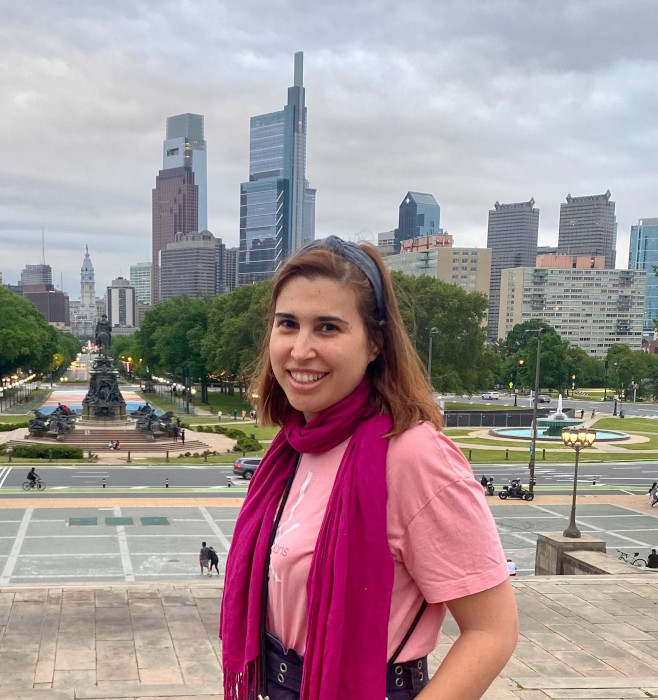
Anais Garrell www
CSIC-UPC, Spain
-

Matthew Gombolay www
Georgia Institute of Technology, US
-

Jean Oh www
Carnegie Mellon University, US
-

Rohan Paleja www
Georgia Institute of Technology, US
-

Silvia Tulli www
Instituto Superior Técnico, Portugal; Sorbonne University, France
-

Miguel Faria www
GAIPS@INESC-ID and Instituto Superior Técnico, Portugal
-

Tanmay Shankar www
Carnegie Mellon University, US
Project Support
This workshop is supported by:
-
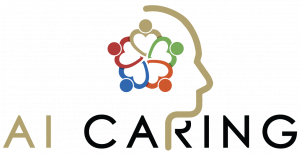 AI-CARING
AI-CARING
-
 RAEng UK IC Postdoctoral Research Fellowship: Plan and Goal Reasoning for Explainable Autonomous Robots
RAEng UK IC Postdoctoral Research Fellowship: Plan and Goal Reasoning for Explainable Autonomous Robots
-
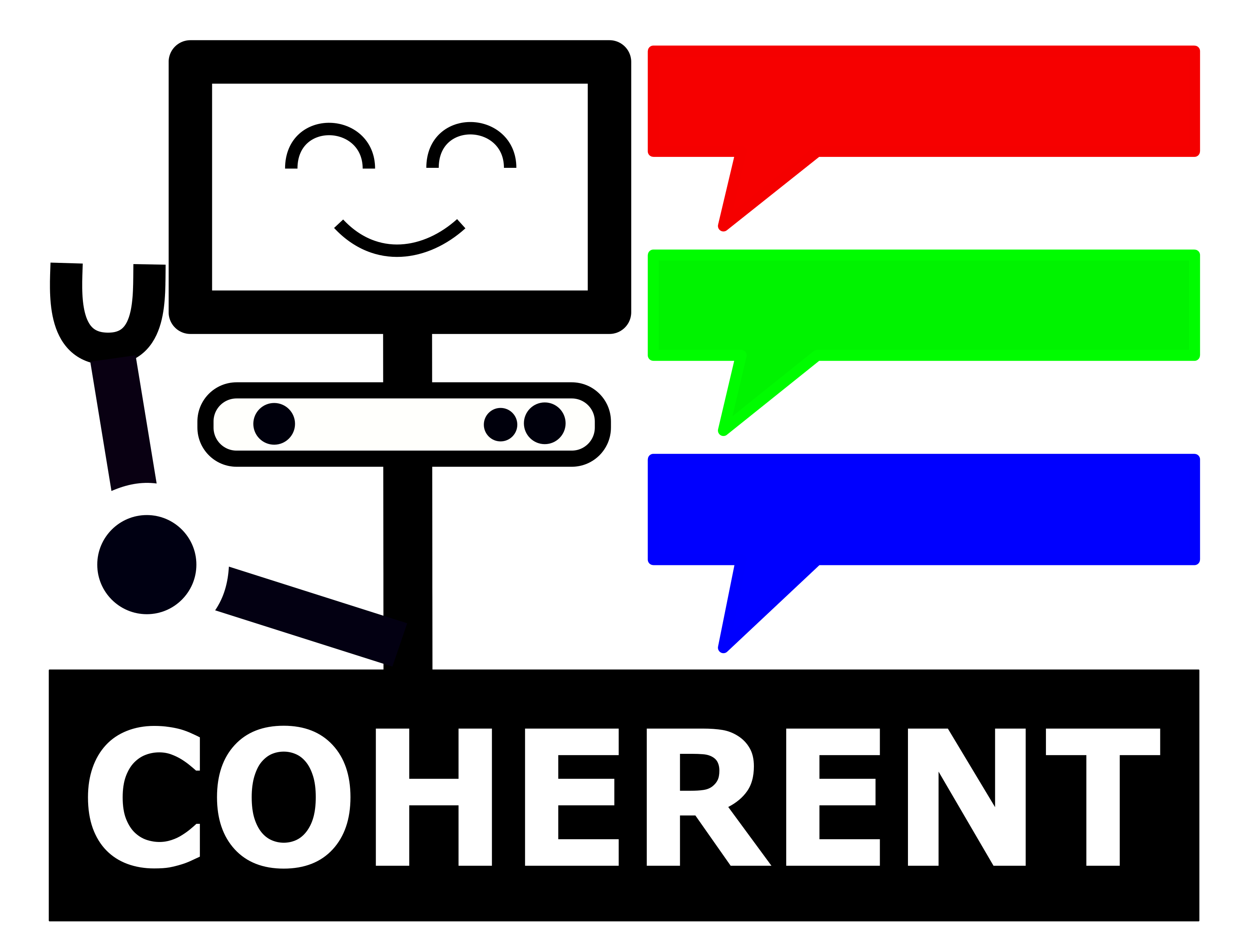 COHERENT: COllaborative HiErarchical Robotic ExplaNaTions (CHIST-ERA)
COHERENT: COllaborative HiErarchical Robotic ExplaNaTions (CHIST-ERA)
-
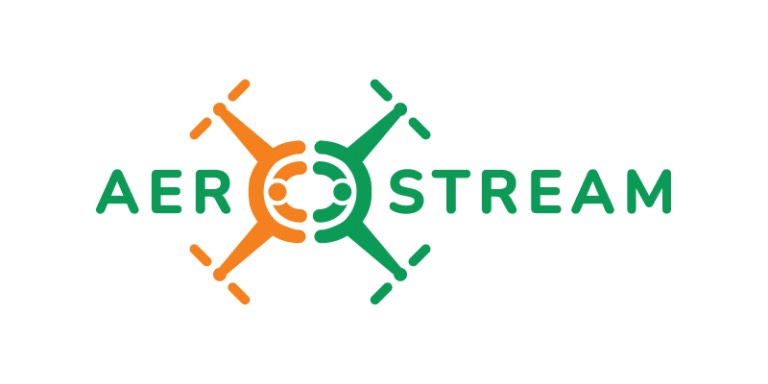 aerostream: Strengthening Research and Innovation Excellence in Autonomous Aerial Systems
aerostream: Strengthening Research and Innovation Excellence in Autonomous Aerial Systems
- TrustAT - Trustworthy Ad Hoc Teamwork (reference FA9550-22-1-0475)
-
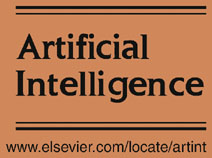 Artificial Intelligence Journal
Artificial Intelligence Journal
TC Support
This workshop is supported by:
IEEE Technical Committee on Cognitive Robotics
IEEE Technical Committee on Robot Learning
IEEE Technical Committee for on Human-Robot, Interaction & Coordination